Indigenous Governance Database
accountability

Our lands tell our stories: supporting Indigenous co-led research through the Indigenous Foods Knowledges Network
The Indigenous Foods Knowledges Network (IFKN) brings together Indigenous researchers and community leaders from the Arctic and U.S. Southwest along with non-Indigenous researchers to foster cross-cultural interdisciplinary knowledge exchange about sovereignty of Indigenous foods. IFKN draws on…
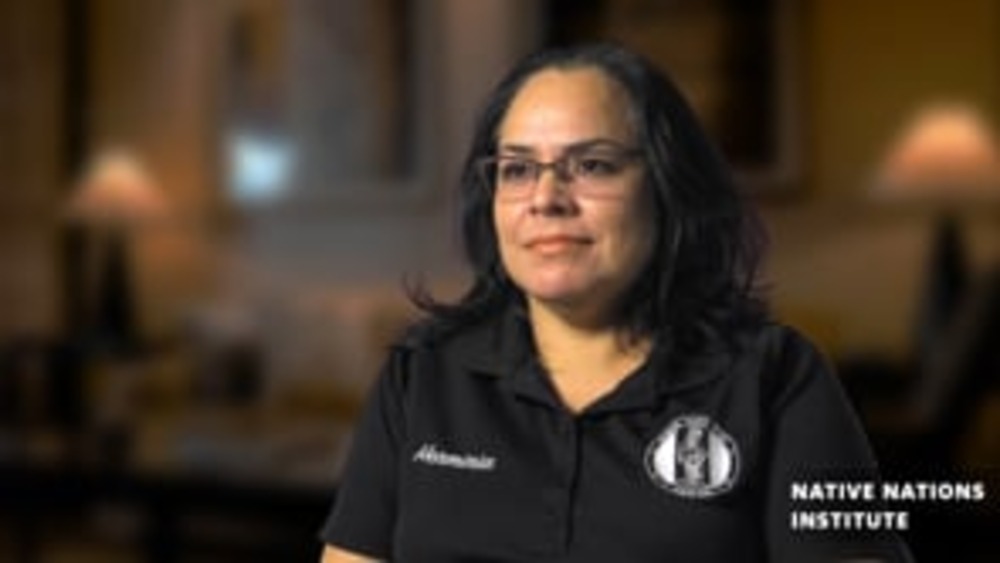
Herminia Frias: Working Toward Effective Native Leadership
For years at Pascua Yaqui Tribe, Herminia Frias has remained a consistent leader in tribal government. She became the first woman elected Chairwoman and youngest to serve the position. After a contentious term with the tribal council, she was removed from office but then immediately returned to…
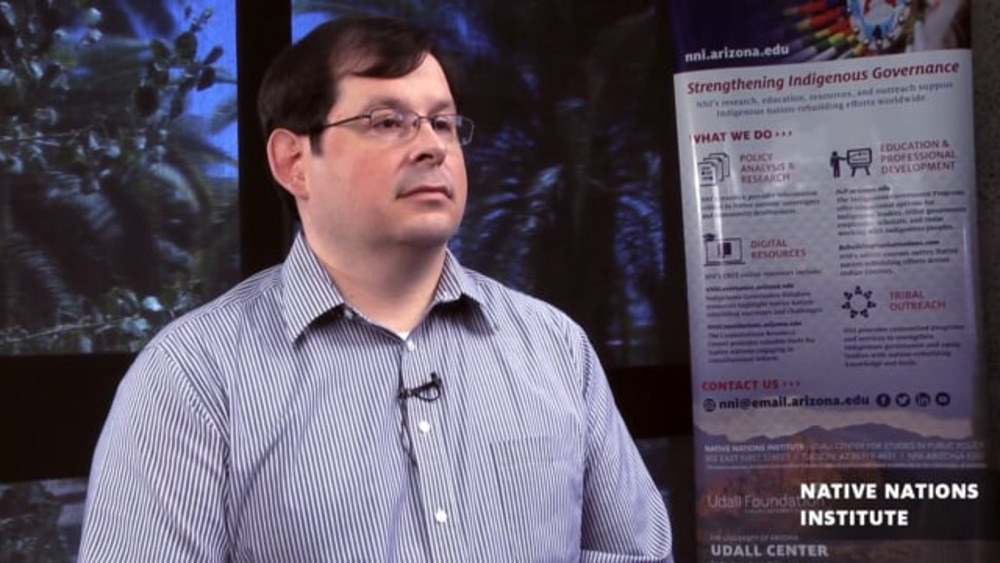
Wayne Ducheneaux: Working with Indigenous Governance
Wayne Ducheneaux II (Cheyenne River Sioux Tribe) sits down with Native Nations Institute to discuss his array of experiences working for the Cheyenne River Sioux Tribe and in the work toward helping other Native Nations efforts with indigenous governance. A former Tribal Administrative…
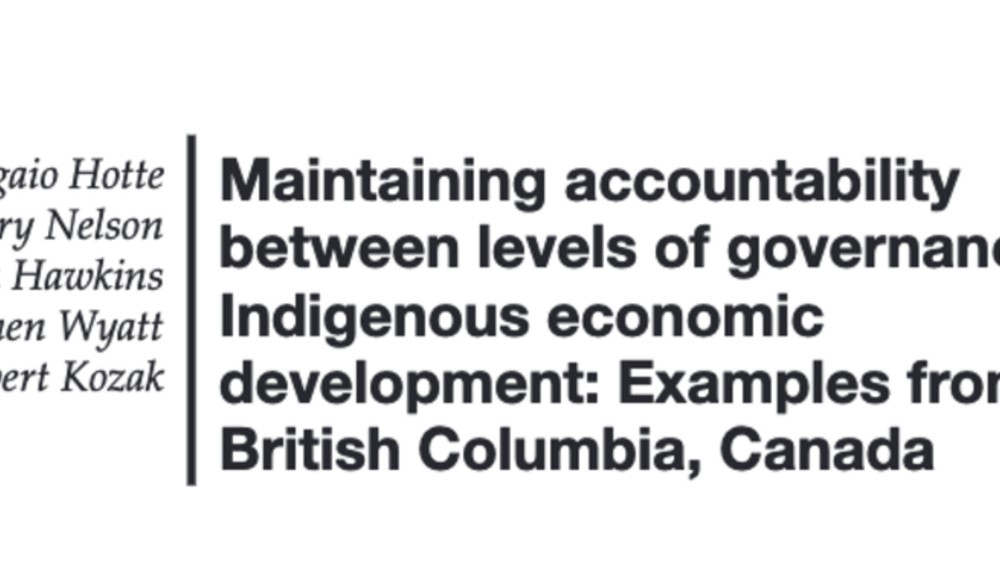
Maintaining accountability between levels of governance in Indigenous economic development: Examples from British Columbia, Canada
Many Indigenous communities in Canada have established economic development corporations (EDCs) to support economic development that meets community goals. Indigenous EDCs, like social enterprises, typically prioritize multiple socio-economic goals and may be used to limit political influence on…
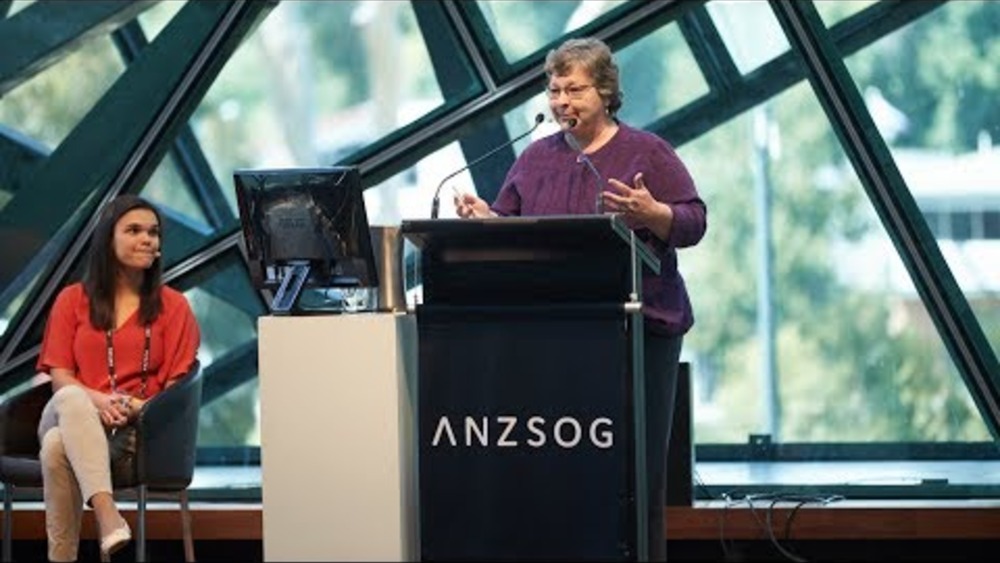
Dr. Karen Diver: Indigenous autonomy is the way forward
Dr. Karen Diver spoke at ANZSOG's Reimagining Public Administration conference on February 20, as part of a plenary on International perspectives on Indigenous affairs. The Native American tribal leader and former adviser to President Obama, said that Indigenous communities had been inexorably…
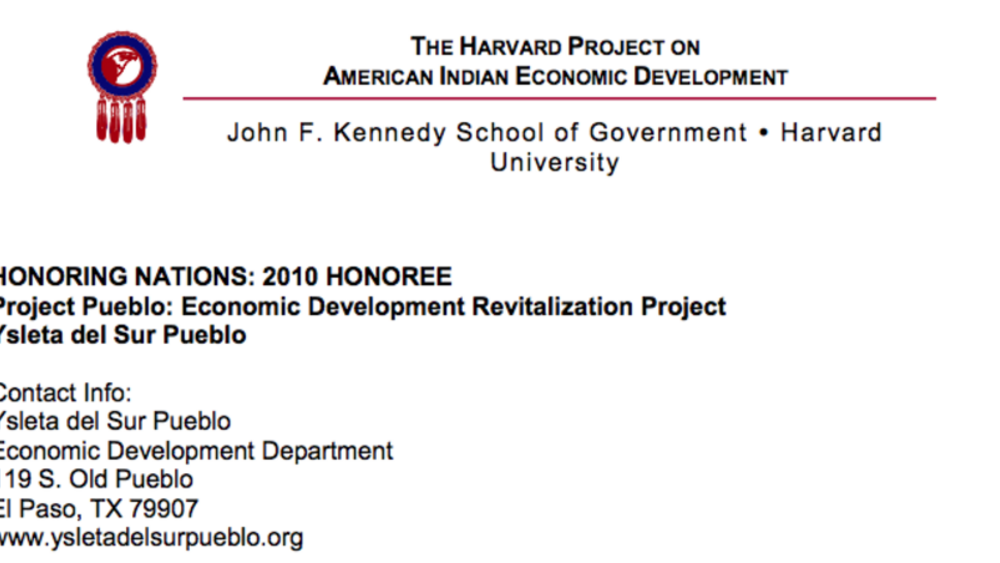
Project Pueblo: Economic Development Revitalization Project
A strong economy is one of the foundations of a healthy community. Native nations use business profits and tax revenues to invest in areas such as health, education, culture, and public safety programs to meet the needs of tribal citizens. At the Ysleta del Sur Pueblo, a sudden economic decline in…
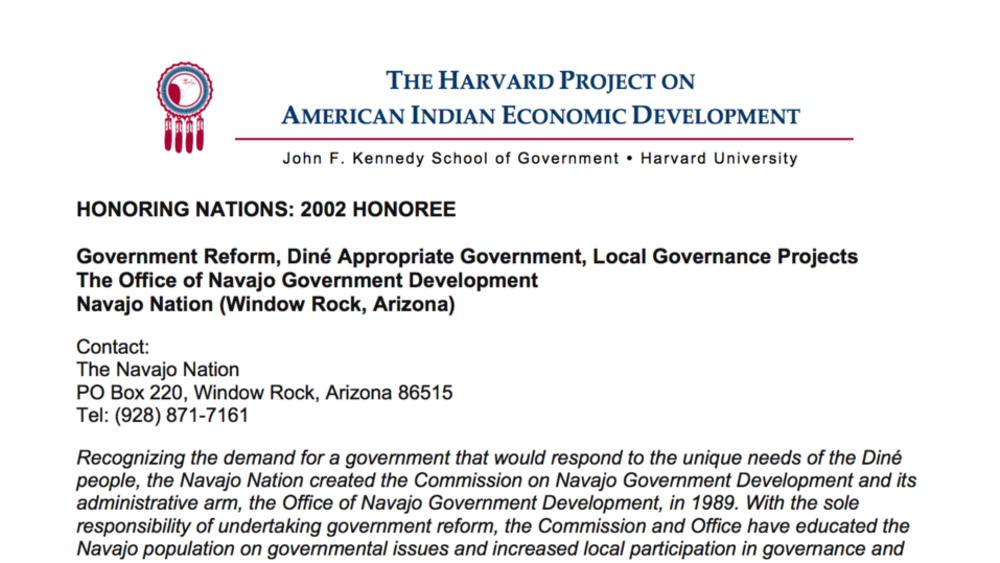
Diné (Navajo) Local Governance Projects
Formed in 1989 by the Navajo Nation Council, the Office of Navajo Government Development works with the Diné people and their elected leaders to conduct government reform, foster the incorporation of Navajo culture and tradition into the Navajo Nation Code, and facilitate the transference of…
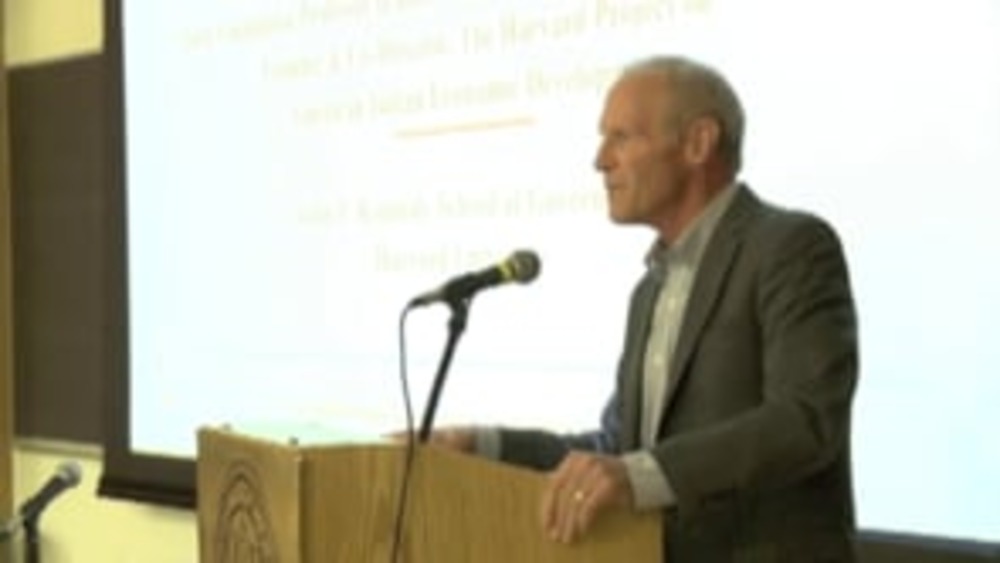
Good Native Governance: Lunchtime Keynote Address
UCLA School of Law "Good Native Governance" conference lunchtime keynote speaker, Joseph P. Kalt discusses research in the areas of good Native governance. This video resource is featured on the Indigenous Governance Database with the permission of the UCLA American Indian Studies…
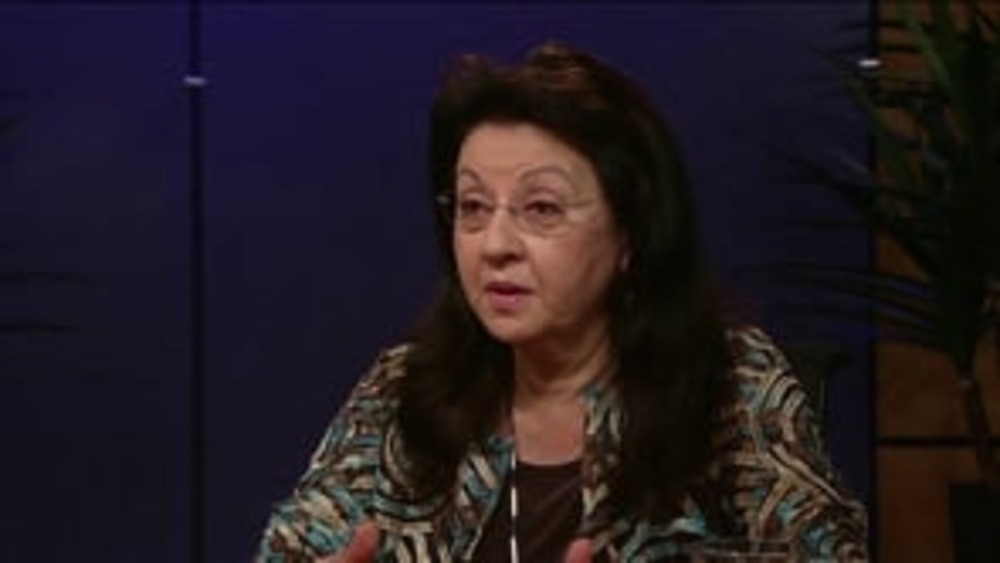
Eva Petoskey: Empowering Good Leadership Through Capable Governance: What My Leadership Experience Taught Me
Eva Petoskey, citizen and former council member of the Grand Traverse Band of Ottawa and Chippewa Indians (GTB), discusses her experiences as an elected leader during a pivotal time in GTB's history. She also stress the importance of Native nations developing capable institutions of self-governance…
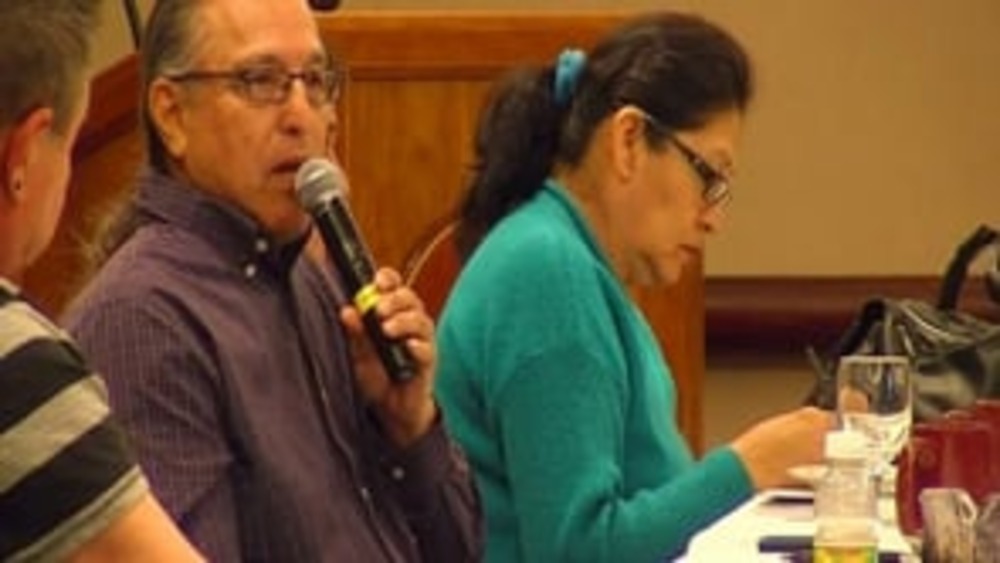
Jamie Fullmer, Rebecca Miles and Darrin Old Coyote: Our Leadership Experiences, Challenges, and Advice (Q&A)
Jamie Fullmer (former Chairman of the Yavapai-Apache Nation), Rebecca Miles (Executive Director and former Chairwoman of the Nez Perce Tribe) and Darrin Old Coyote (Chairman of the Crow Tribe) field questions from seminar participants about how they have negotiated the fundamental challenges of…
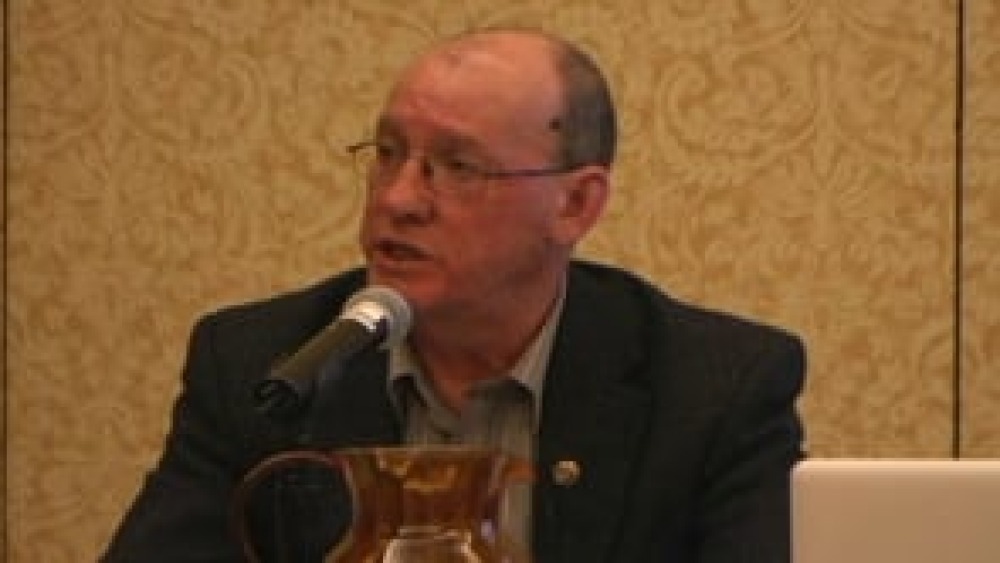
Terrance Paul: Building Sustainable Economies: Membertou First Nation
Chief Terrance Paul shares the keys to a sustainable economy through examples from the Membertou First Nation.
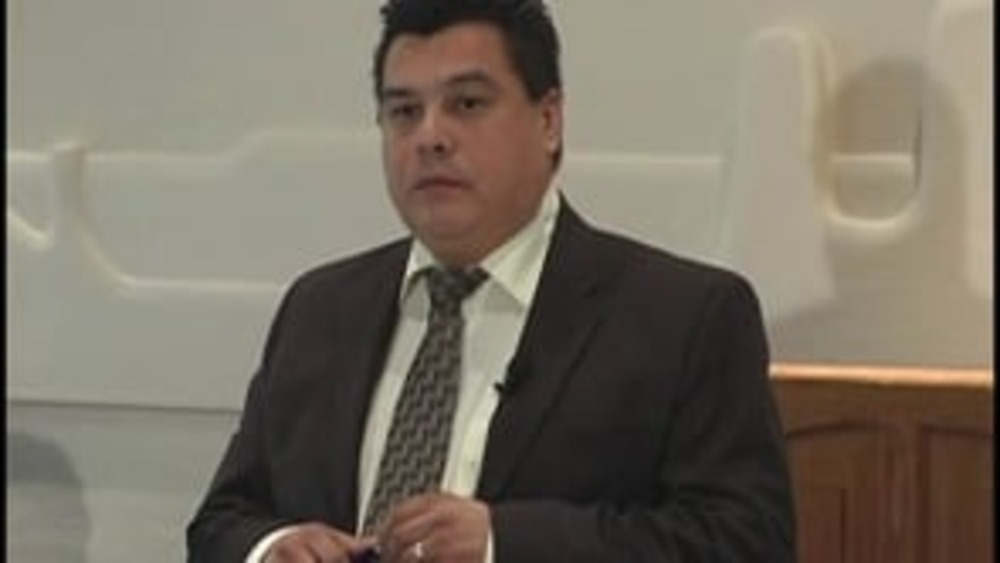
Brian Titus: Nation-Owned Enterprises: Osoyoos Indian Band Development Corporation
Osoyoos Indian Band Development Corporation (OIBDC) Chief Operating Officer Brian Titus provides an overview of OIBDC and the reasons for its success, notably the great lengths it goes to educate Osoyoos citizens about the corporation's activities and overall health.
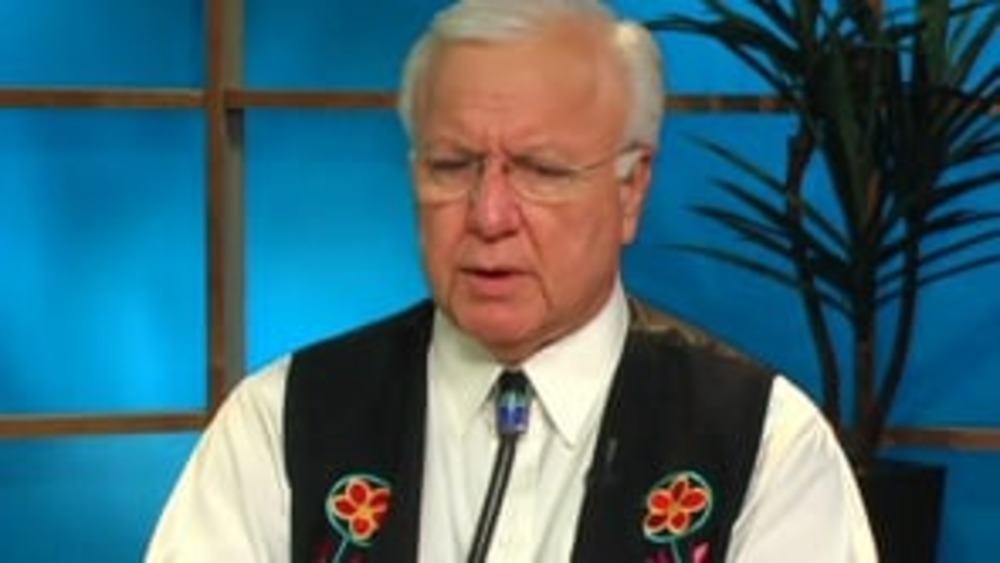
From the Rebuilding Native Nations Course Series: "Why are Some Native Nations More Successful than Others?"
Native leaders offer their perspectives on why some Native nations have proven more successful than others in achieving their economic and community development goals.
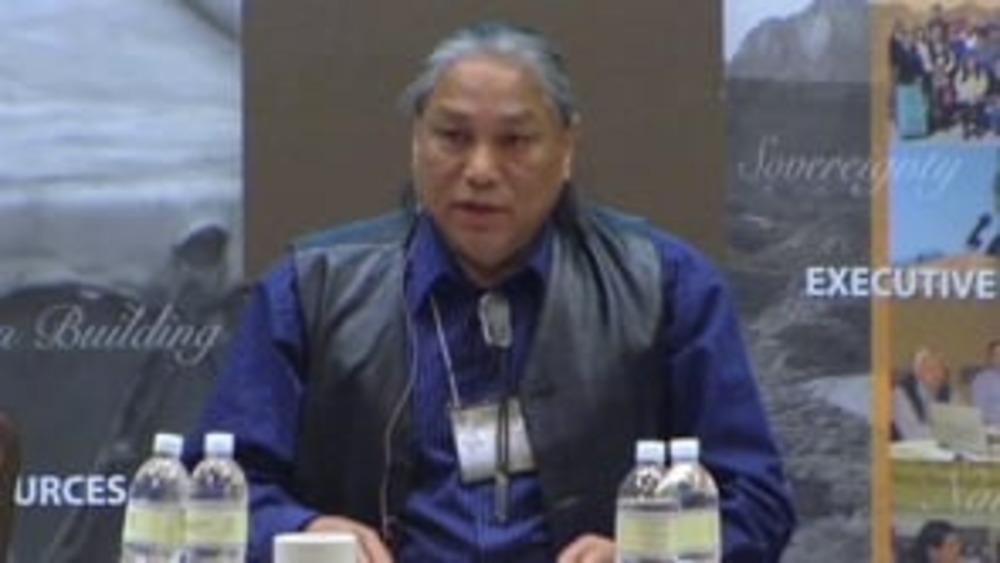
Denny Hurtado: Addressing Tough Governance Issues
Former Skokomish Tribal Nation Chairman Denny Hurtado discusses how he, his fellow leaders and his nation exercised its sovereignty in order to navigate past some tough governance challenges to fund their government, restore their land base, and protect their natural resources.
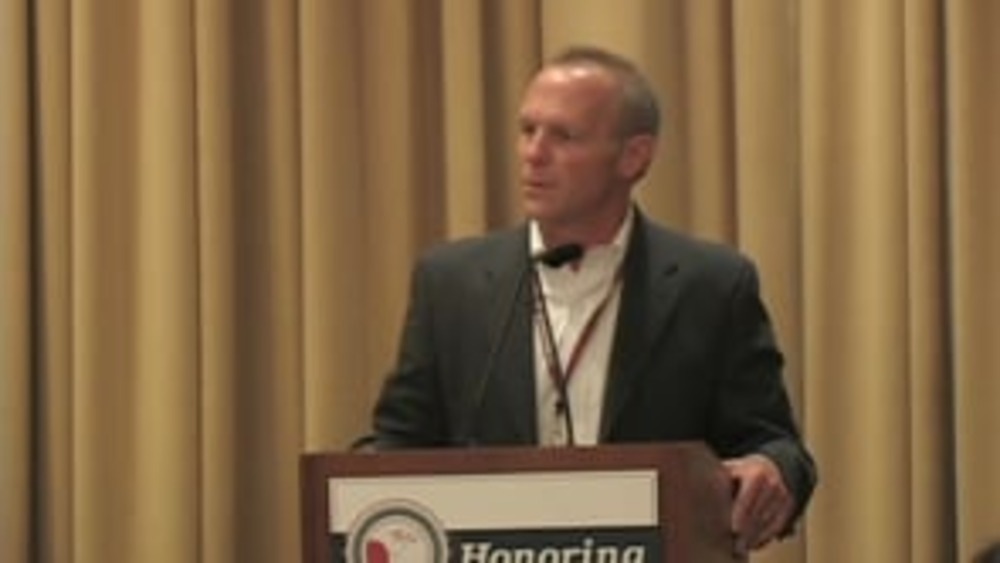
Honoring Nations: Joseph P. Kalt: A New Era of Governmental Relations
Harvard Project on American Indian Economic Development Co-Director Joseph Kalt stresses that the only policy that has ever created and sustained community and economic development in Native communities is self-determination. He also introduces Jodi Gillette, Senior Policy Advisor for Native…
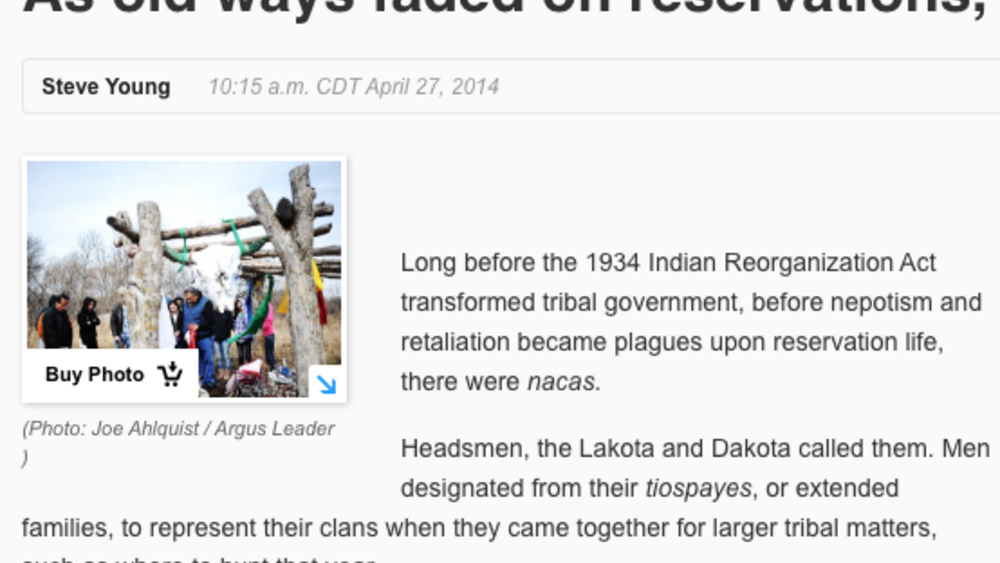
As old ways faded on reservations, tribal power shifted
Long before the 1934 Indian Reorganization Act transformed tribal government, before nepotism and retaliation became plagues upon reservation life, there were nacas. Headsmen, the Lakota and Dakota called them. Men designated from their tiospayes, or extended families, to represent their clans…
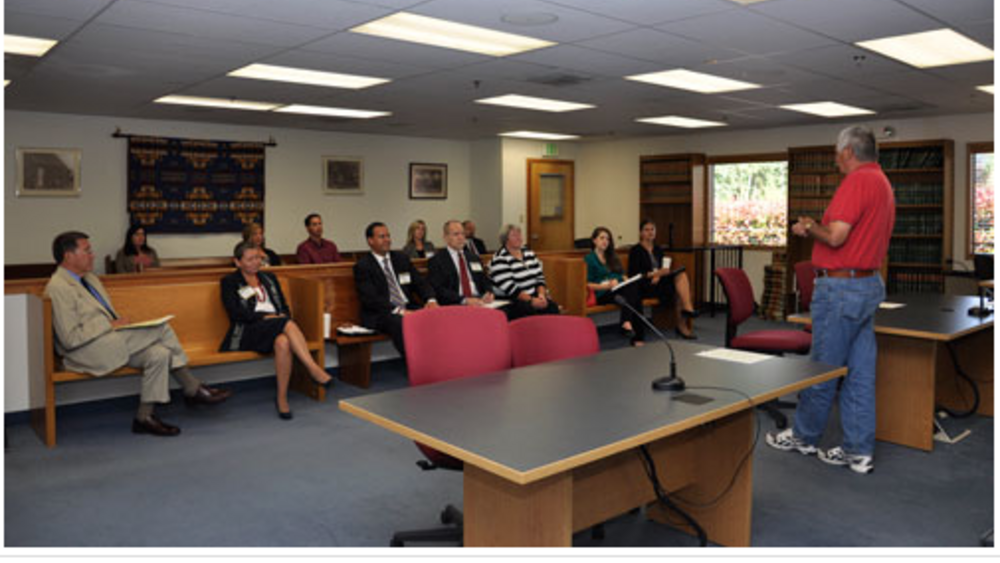
First-time offenders learn accountability through diversion program run by tribal elders
The 2012 Annual Tulalip Tribal Court Report states 415 criminal cases were heard in court. Included in that 415, are 24 newly filed criminal alcohol charges and 69 disposed, meaning judicial proceeding have ended or a case that has been resolved. Also counted in that 415, are 76 newly filed…
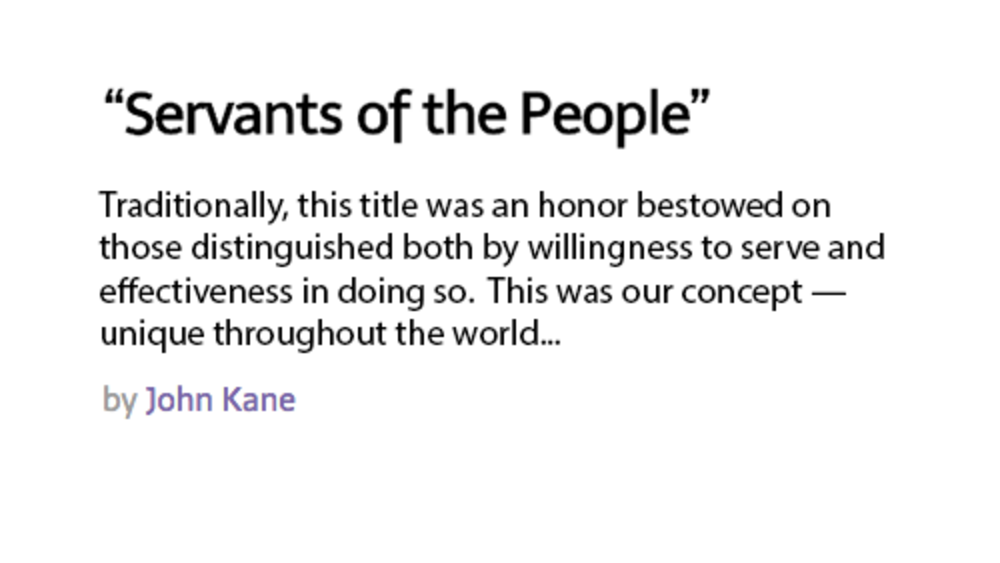
Servants of the People
Traditionally, this title was an honor bestowed on those distinguished both by willingness to serve and effectiveness in doing so. This was our concept – unique throughout the world but one with such a strong sense of rightness that many would claim it for their own. Of course, claims and reality…
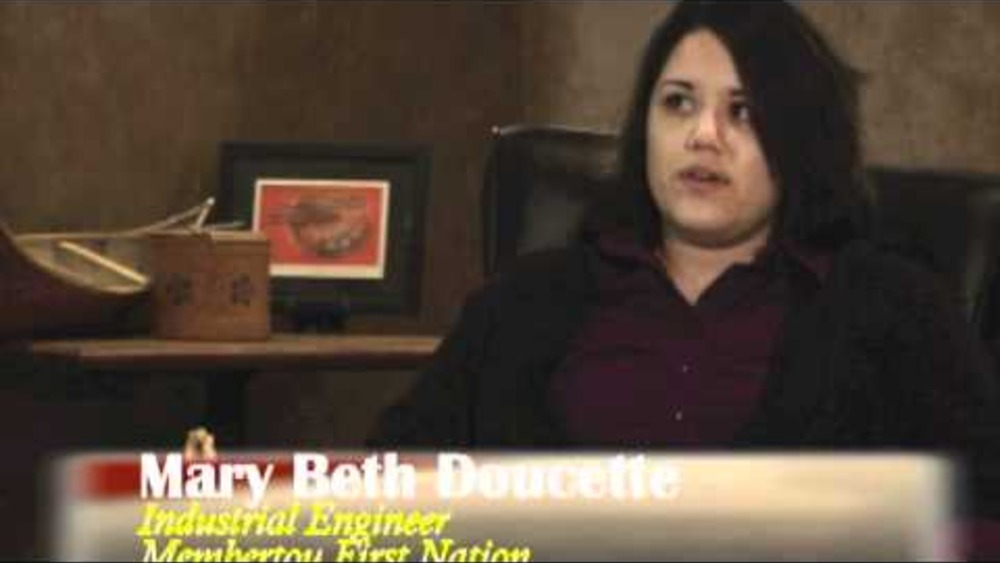
Membertou: Accountable to the Community
Leaders of Membertou First nation explain how a high level of accountability to citizens and partners has been key to its success in both governance and business.
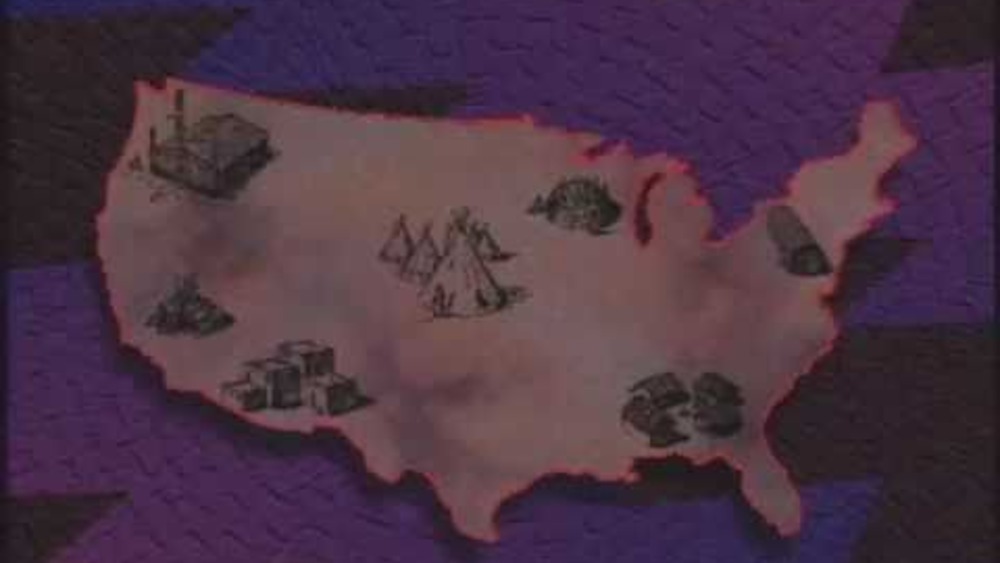
Tribal Sovereignty: The Right to Self-Rule
This is an excerpt of a longer educational DVD produced to answer frequently asked questions about American Indian tribal governments and the roots of tribal sovereignty. Among other things, it discusses the U.S. Constitution's explicit acknowledgement of tribal sovereignty and Native peoples as…
